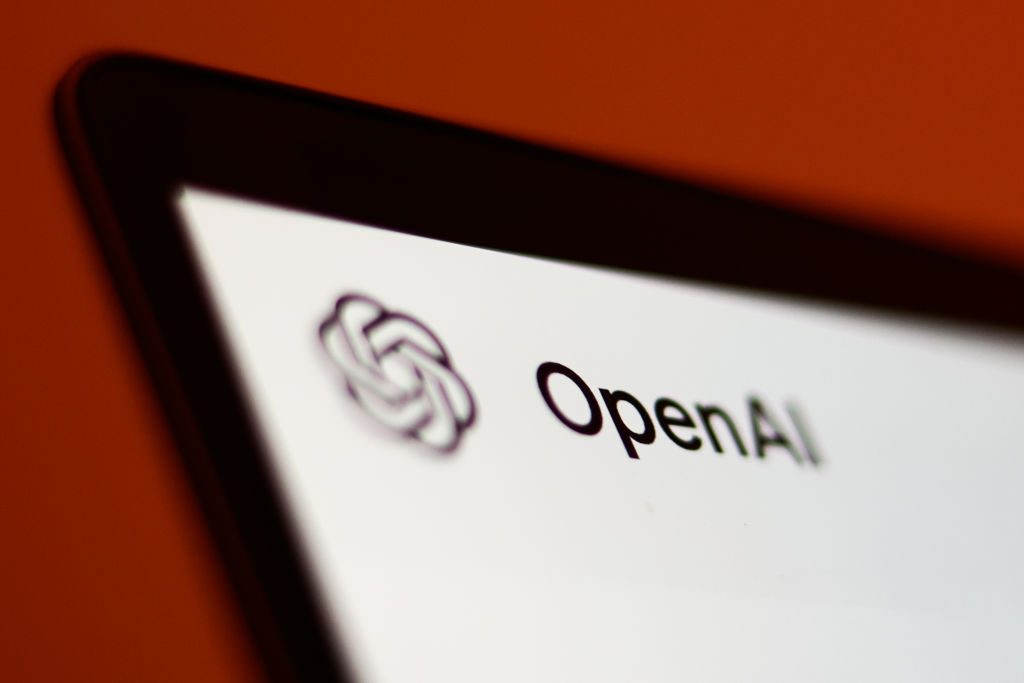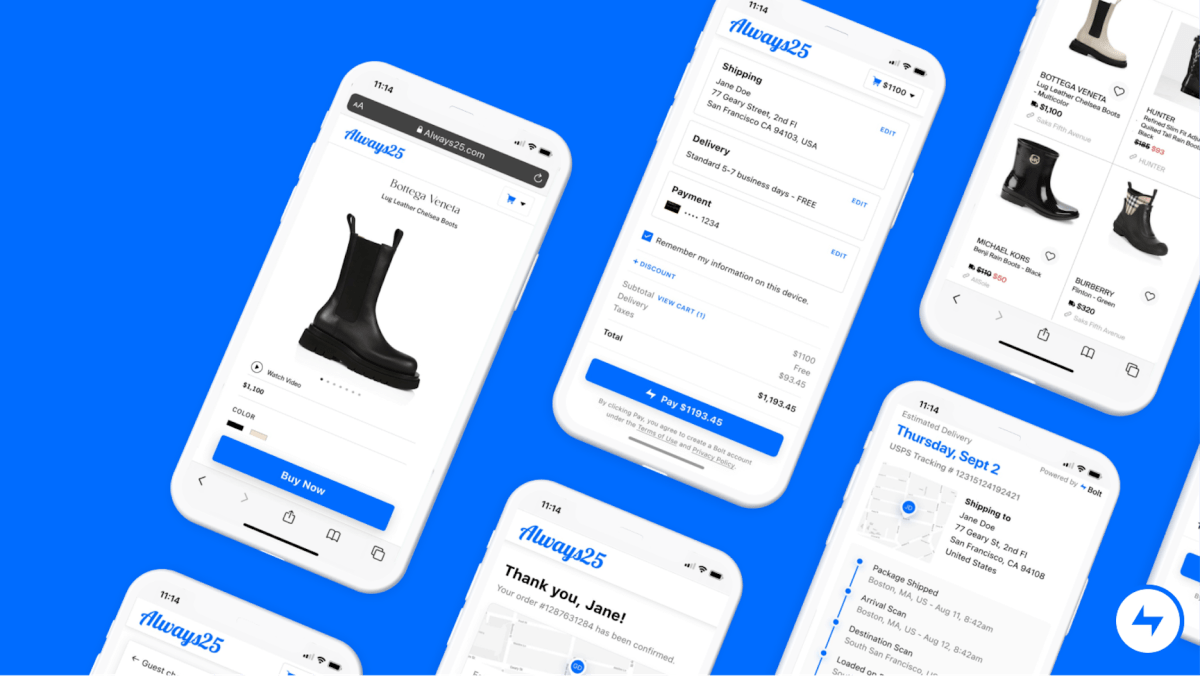On the heels of Chinese AI firm DeepSeek making a huge splash in OpenAI’s American backyard, OpenAI is expanding in Asia, with major commercial deals that will also help it train its AI on more Asian-language content and user behavior — a gateway to doing more business in these markets in the future on its own.
Today, OpenAI unveiled a strategic collaboration with Kakao, the South Korea tech company that operates one of the region’s most popular messaging apps, KakaoTalk.
The move comes one day after SoftBank also announced a major commitment to using OpenAI: it has allocated a budget of $3 billion to deploy OpenAI tech across its various group operations and subsidiaries, as well as establish a joint venture, SB OpenAI Japan, to build solutions customized for enterprises in the country.
Today’s Kakao news was announced earlier today at an event in Seoul co-led by Kakao CEO Shina Chung and OpenAI CEO Sam Altman, and it will initially cover three projects.
The companies plan to develop a new Korean-language assistant called Kanana powered by OpenAI; OpenAI tech will be integrated into KakaoTalk; and Kakao will also become a customer of OpenAI’s, using ChatGPT Enterprise internally among its employees.
Meanwhile, the SoftBank announcement is just the latest development of what looks like a pretty deep-looking relationship between the two companies. SoftBank is also reportedly eyeing up a major investment in OpenAI — yet to be confirmed — and the two are in theory also working together on the Stargate project to build AI superservers and other infrastructure in the U.S..
On the surface, both of these partnerships are big commercial deals that will bring OpenAI services to new populations in their home languages.
“Korea is a very impressive market,” Altman said today at the press event. “The adoption of AI in Korea is remarkably advanced. Considering various industries, from energy to semiconductors and internet companies, there is a very strong environment conducive to applying AI. It is a market that is extremely important to us and is growing rapidly.”
But beyond that, in both the case of Kako and SoftBank, the deals will benefit OpenAI in another very significant way.
The U.S. company continues to build out and train its Large Language Models. Deals with major players in Korea and Japan, with their access to millions of consumers in their respective markets, gives OpenAI an opportunity to unlock new linguistic doors.
This is especially important given DeepSeek. If the Chinese AI company proves to be more than just a viral flash in the pan — and it doesn’t get buried under a sea of legal issues around copyright, personal data protection, and more — it will have proven to be a very clear signal to OpenAI that a company building outside of the U.S. has stolen a march on capturing English-language generative AI momentum.
Thus, OpenAI needs to continue to expand its reach internationally, too, and that includes in terms of its ability to work just as well in different languages as it does in English.
It’s notable too because SoftBank at one point saw a very different route, and opening, for itself.
Seizing the opportunity to build for its home language in an AI world largely dominated by English natural language services, in 2023, it announced a new company. SB Intuitions aimed to build LLMs and generative AI in Japanese.
It’s not clear what is happening with that business — whether it never got off the ground, or whether that work will be rolled into the JV, or something else altogether. We have contacted the company and will update as we learn more.
Apart from the collaboration with Kakao, Altman is using the moment to connect with other major Korean tech giants. He also took meetings with top executives at Samsung Electronics and Korean semiconductor maker SK Hynix to discuss custom-designed chips and AI-powered devices, per a local media report. OpenAI is joining other tech giants such as Google, Amazon, Microsoft, and Meta, all developing their own in-house AI chips.
The latest strategic collaboration comes a day after OpenAI’s joint venture announcement on Monday with SoftBank, which will spend $3 billion annually to implement the U.S. AI firm’s solutions, including ChatGPT Enterprise, OpenAI’s API and agents products like Operator, across its group companies. The Japanese tech giant and OpenAI have set up “SB OpenAI Japan,” a JV that will exclusively offer the U.S. AI startup’s enterprise technology to large enterprises in Japan.
Last week, OpenAI introduced Operator, an agent capable of carrying out tasks like vacation planning and restaurant reservations on the web, and the o3-mini, the latest and most cost-effective reasoning model. The creator of ChatGPT also unveiled a new capability called Deep Research, which can perform in-depth internet research for complicated tasks.
Arm, the chip designer from the U.K. acquired by SoftBank in 2016, will also use OpenAI tools to increase productivity, per SoftBank’s statement.
SoftBank is reportedly in talks to lead a funding round for OpenAI that could be worth as much as $40 billion and potentially value the company at $300 billion.
Separately to this, last month, OpenAI said it will team up with SoftBank and Oracle to build multiple data centers for AI in the U.S., forming a joint venture called the Stargate Project. The project will kick off with a large data center in Texas. Initially, the three companies plan to invest $100 billion in Stargate and potentially contribute up to $500 billion to the project in the following four years.















